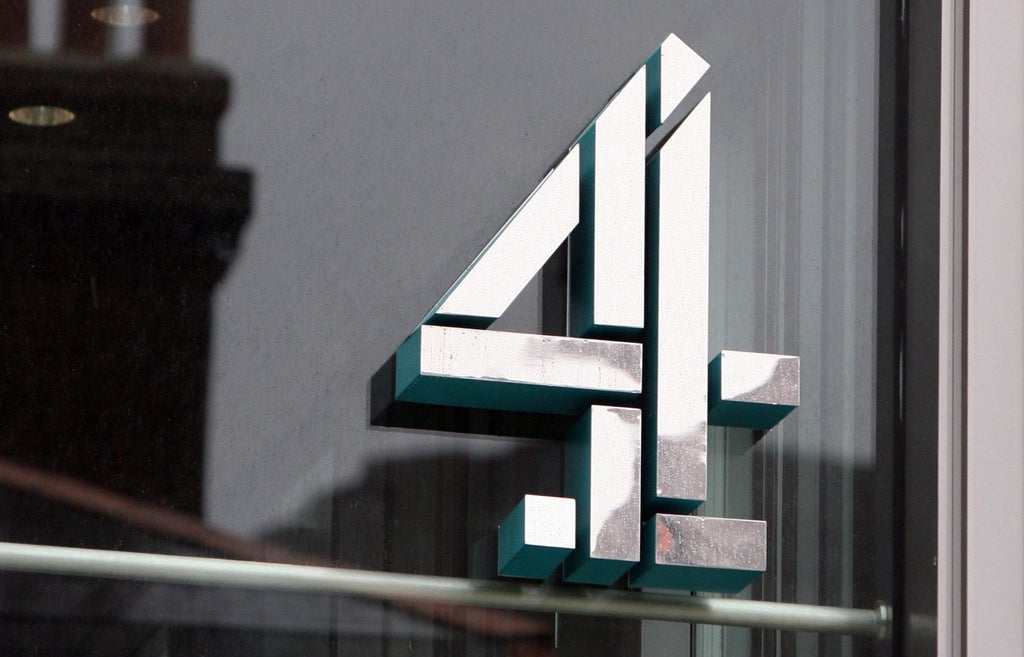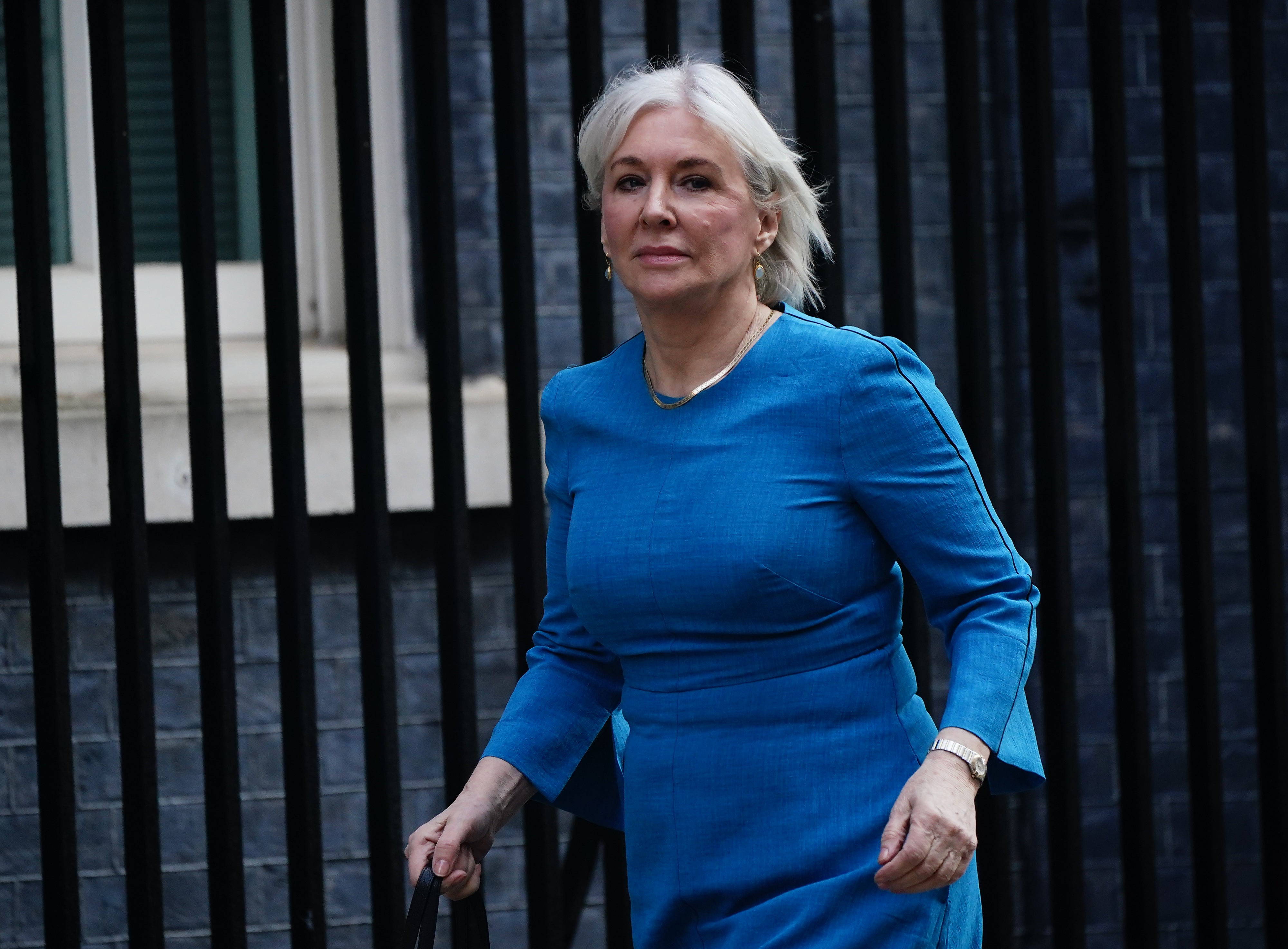
The privatisation of Channel 4 will remove restrictions which “effectively prohibit” the broadcaster from producing and selling its own content, the Department for Digital, Culture, Media and Sport (DCMS) has said.
The Government White Paper, released on Thursday, is the first look at proposed plans for Channel 4 after the privatisation announcement.
It said that under public ownership, the broadcaster has limited ability to borrow or raise capital by issuing shares and its set-up “effectively stops it from making its own content”, as it is heavily reliant on advertising revenue.
A sale... would allow it to turn on the private funding taps, and invest heavily in new technology and programming
Through privatisation, Channel 4 would have access to capital and the freedom to make its own content, allowing it to diversify its revenue stream, the proposal said.
Channel 4 would be required to commission a minimum amount of programming from independent producers and would have to maintain its obligation for regional production outside London and England.
The broadcaster would need to continue to provide programming that “represents the breadth of society”, and maintain obligations to original programmes, high quality news and current affairs.
Some of the proceeds from the sale of Channel 4 would be used to deliver a new creative dividend for the sector, the proposal added.
Culture Secretary Nadine Dorries described Channel 4 as the “last piece of the puzzle” as she wrote about the broadcasting White Paper.

She wrote in the i newspaper that the broadcaster had been “a true disruptor – shaking up schedules with new and daring content, while supporting a boom in our indie production sector”.
She added: “A sale would release Channel 4 from the outdated shackles of public ownership. It would allow it to turn on the private funding taps, and invest heavily in new technology and programming.”
Channel 4 said it will study the White Paper and a “considered response will follow”.
It added: “However, Channel 4 remains committed to upholding and maximising its remit and public service purpose that has enabled it to shape Britain’s creative culture and make a significant contribution to the creative industries, while also investing across the UK’s nations and regions to create local and regional economic and social benefit.”
In April, the Government confirmed it was proceeding with plans to privatise the broadcaster, which was founded in 1982 to deliver to under-served audiences, following concerns for its survival in the streaming era.
Their arguments don’t stand up to scrutiny, that’s why Tory MP after Tory MP stood up to pan the central proposal in this White Paper
Since the announcement, the Government has faced heavy criticism.
Lucy Powell, Labour’s shadow culture secretary, said: “Selling off Channel 4 in the middle of a cost-of-living crisis will leave voters scratching their heads about how this will help pay their bills.
“It will likely mean fewer British-made programmes for British audiences, and less support for British jobs across the country.
“As we heard in Parliament yesterday, the Government has a very weak argument when Channel 4 doesn’t cost the taxpayer a penny, has a remit to invest in small independent production companies around the regions and nations, and delivers a strong pipeline of young, diverse talent.
“Their arguments don’t stand up to scrutiny, that’s why Tory MP after Tory MP stood up to pan the central proposal in this White Paper.”
Philippa Childs, head of broadcasting union Bectu, said “ideology, not public interest, is at play here”.
The broadcaster is self-sustaining and invests 100% of its revenue back into the organisation, at zero cost to the taxpayer. It's clear that ideology, not public interest, is at play here
She said: “Channel 4’s unique remit supports a thriving independent production sector that directly invests £12 billion into the UK production industry.
“There could not be a worse time to introduce further uncertainty for the creative industries, who were among the hardest hit by the pandemic, and continue to face a chronic skills shortage.
“It’s imperative that this uniquely British institution stays in public hands. Privatisation will deal a heavy blow to independent production and the thousands of jobs it creates, a third of these in the nations and regions.
“The viewing public will also suffer – under the current funding model Channel 4 can champion risk and creativity, commissioning boundary-pushing, thought-provoking content for British audiences to enjoy.
“The current model isn’t broken, so why is the Government tampering with it? The broadcaster is self-sustaining and invests 100% of its revenue back into the organisation, at zero cost to the taxpayer. It’s clear that ideology, not public interest, is at play here.”
Conservative peer Michael Grade, who was recently appointed the new chairman of Ofcom, has previously spoken in favour of the privatisation of Channel 4.
The broadcaster is currently owned by the Government but receives its funding from advertising.







